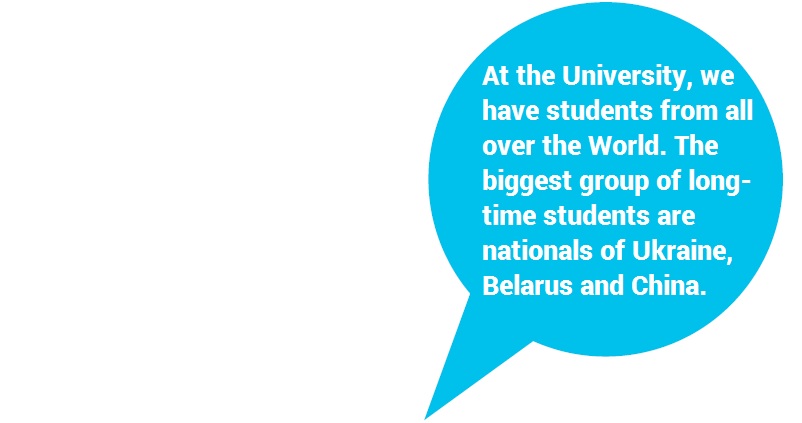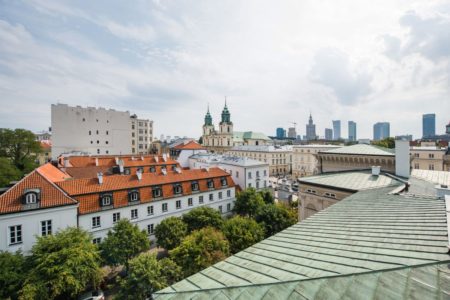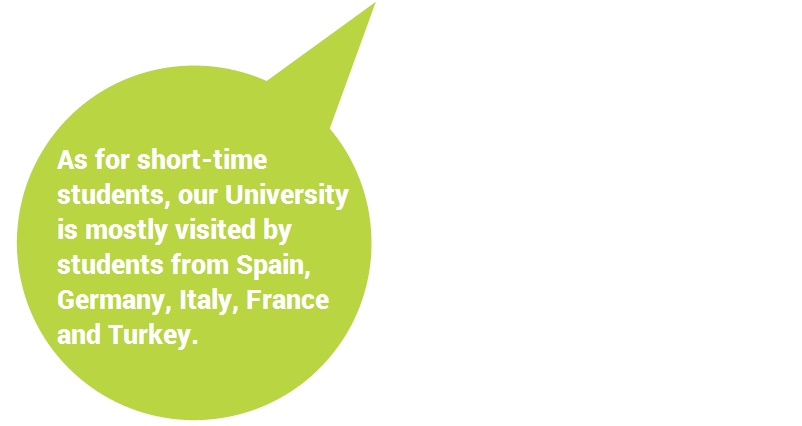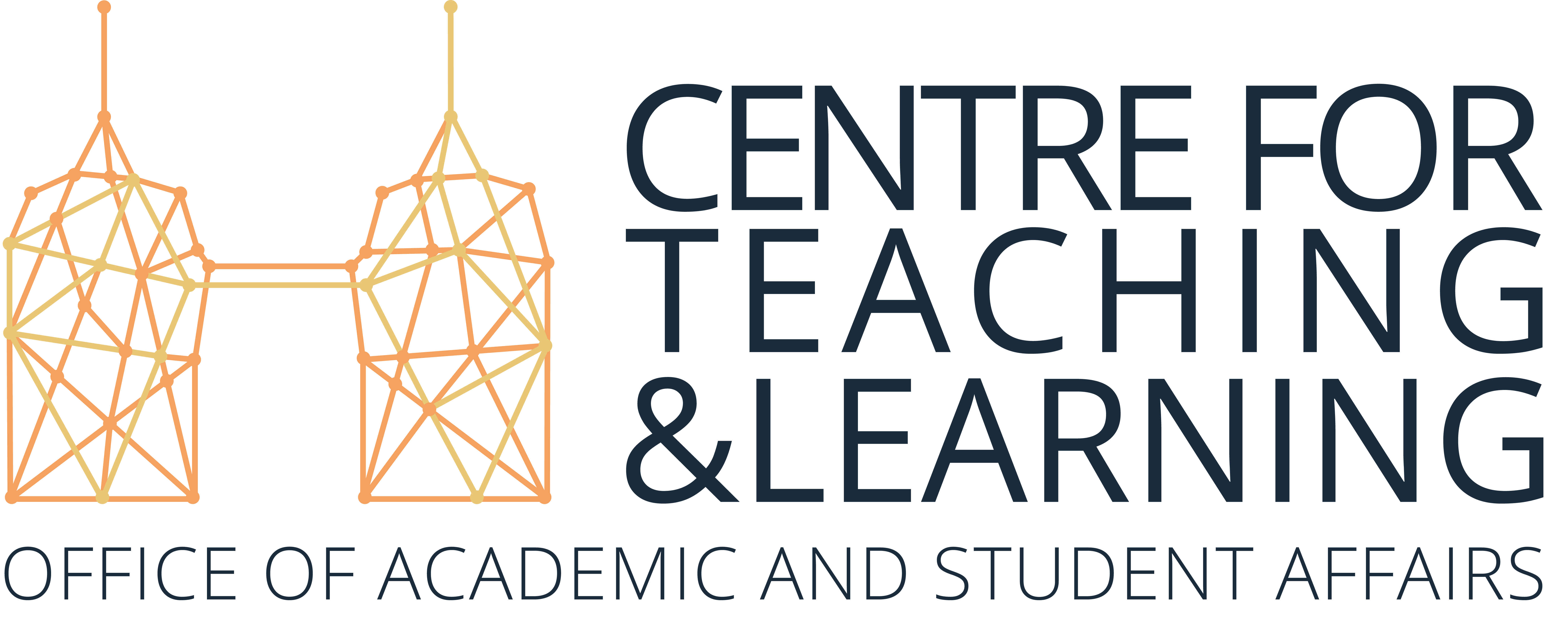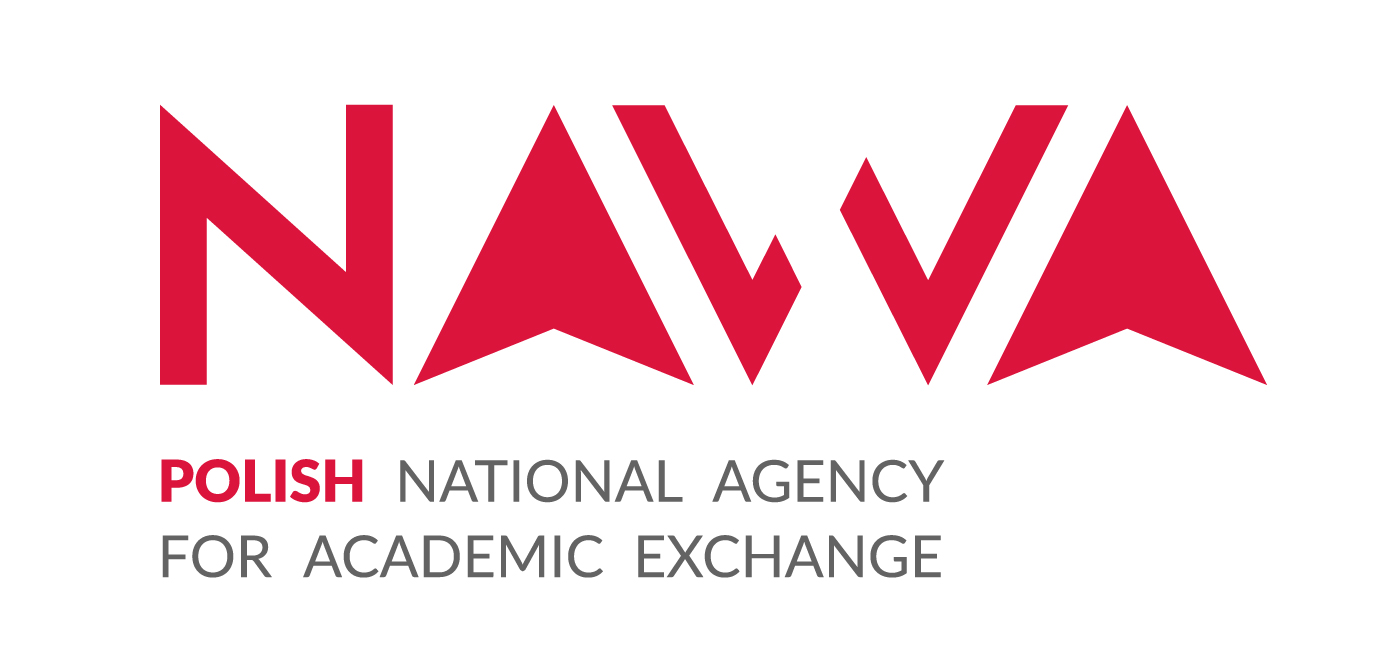The University of Warsaw
With more than 200 years of history, the University of Warsaw is the second-oldest university in Poland and the largest one simultaneously. In the latest QS World University Rankings, the University of Warsaw was ranked 271st — the highest among Polish universities. In 2024 there were:
- 37 146 students (undergraduate and masters), 1 706 doctoral students, including 3 943 international students and doctoral students
- 8 135 employees, including:
- 4 186 academic teachers,
- 845 engineering and technical employees,
- 323 librarians,
- 2 739 administrative employees.
Authorities
The rector is the head of the university. With the vice-rectors, he oversees UW administration and finances, makes key decisions, represents the University externally, and is in charge of the staff of undergraduates and postgraduates. Prof. Alojzy Z. Nowak is the 45th Rector of the University of Warsaw. On the 17th of June, 2020, he was elected as the Rector of UW for the first term and on the 18th of April, 2024, he was re-elected for the second term. Previously, starting from 2016, Rector Alojzy Z. Nowak held the position of the Dean of the Faculty of Management.
The Senate is the University’s most important governing body. It has the authority to pass documents that are of key importance to the University, such as by-laws, the mission statement, and strategy for development, as set out by the Rector, financial and investment plans, and course regulations.
UW Rector’s team for the 2024-2028 term
UW Rector:
- Prof. Alojzy Z. Nowak
UW Vice-Rectors:
- Prof. Sambor Grucza
- Prof. Ewa Krogulec
- Prof. Zygmunt Lalak
- Prof. Adam Niewiadomski
- Prof. Maciej Raś
Mission and Strategy of the UW
The University of Warsaw recognizes as still valid its mission as a public utility institution, formulated by its founders in 1816:
The University should not only maintain in the nation both learning and skills at the level they have already attained in the scholarly world, but also further develand propagate them as well as apply their theory for the public good.
The University of Warsaw belongs to the community of universities and accepts its universal aims, and its name is bound up with the capital of Poland. In response to the challenges arising from the transformation of our country, the new position of Poland in Europe and the world, and the education of a knowledge-based society, the University of Warsaw defines its mission as follows:
- The basis of the University’s activity is the unity of teaching and research.
- The mission of the University within society is to guarantee access to knowledge and the acquisition of skills to all who are entitled.
- The civic mission of the University is the formation of those elites who will in their activities serve the “imperio rationis” rather than the “ratione imperii”.
- The cultural mission of the University is a synthesis of universal and local values.
Projects and Scientific achievements
Scientists from the University of Warsaw carry out research on more than 3000 topics from the range of humanities, social and natural sciences, as well as medicine and technical sciences. More than 1500 projects are realised with grants won in Polish or international competitions. Teams from UW work with institutions from all around the world; they have already earned their renowned position in many disciplines. You can read more about the latest discoveries, interesting research, and acquired grants here.
The University of Warsaw is present in more than 20 countries on 5 continents through archaeological excavations, ethnography, and cultural studies research. Some sites have been the subject of research even for several decades. The archaeologists who investigate Ancient Egypt have at their disposal the University’s Research Station in Cairo, established in 1959. Polish telescopes operate at the Las Campanas Observatory in the Atacama Desert, Chile, where UW astronomers perform large-scale sky surveys.
European Charter for Researchers
The European Commission introduced recommendations for member states of the European Union, whose aim is to create an attractive and open labour market for researchers. Recommendations were published in 2005 in the European Charter for Researchers and the Code of Conduct for the Recruitment of Researchers.
To stress the significance of the Charter and the Code, the European Commission gives an “HR Excellence in Research Award” to the research institutions. They have made progress in aligning their human resource policies according to the principles set out in the Charter and the Code. Universities, research institutions, and enterprises that have been awarded have the right to use the icon to highlight their commitment to implementing fair and transparent recruitment and appraisal procedures for researchers.
Ideas included in the recommendations of the EC concerning the working conditions of researchers and their recruitment are coherent with many documents passed by the University of Warsaw. Among others, the mid-term strategy of the University of Warsaw for the years 2014-2018. Adaptations of internal procedures to the recommendations included in the Charter are perceived by the University as a realisation of its strategic goals – to provide the best conditions for development and to be an attractive institution for foreign researchers.
On the 14th of July 2014, Prof. Marcin Pałys, then-Rector of the University of Warsaw, established the Committee for the European Charter for Researchers and the Code of Conduct for the Recruitment of Researchers. On the 28th of August, he signed the Declaration of endorsement of the European Charter of Researchers and the Code of Conduct for Recruitment of Researchers.
In 2016, UW was granted the “HR Excellence in Research” award.

4EU+ European University Alliance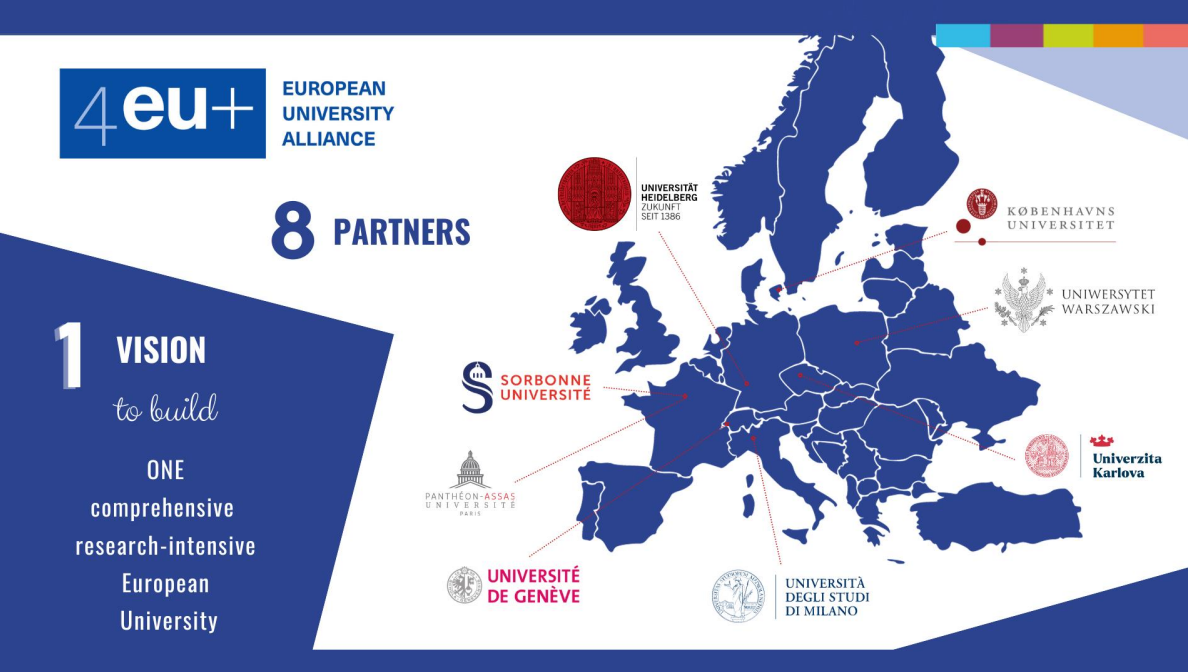
The 4EU+ Alliance, which consists of six well-established research universities, responds to the call of the European Commission regarding the European Universities Initiative. The mission of 4EU+ is to develop a barrier-free and continuously deepening cooperation in education, research, and innovation within the Alliance. Through this collaboration and working in partnerships, the Alliance serves society to the highest level with our core values, e.g. academic and research freedom, collaboration in an interdisciplinary approach, integrity, creativity and openness, and internationalisation.
You can read more about the 4EU+ Alliance here.



